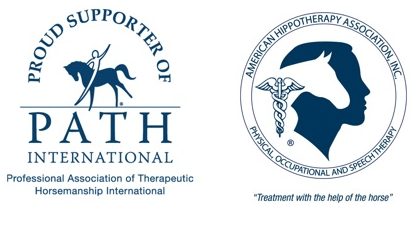Our brain controls almost everything. When someone is affected by a disease or condition that causes involuntary movements or lack of control, it may be difficult to move around. While in most cases, the brain is the source of many tremors, movement abnormalities, and other issues, the body should work to maintain as much control as possible. This is done through strength training, repetition, and focus.
The range of debilitation can go from mild to severe, and it is essential that a proper diagnosis is given to best determine treatment options. To explore these conditions further, you should know some of the most common types of movement disorders.
Ataxia
Ataxia is a degenerative disease that may occur because of brain, nerve, or muscle damage. It affects the nervous system and causes issues with balance and coordination. The lack of body control associated with this disease causes its sufferers to appear intoxicated. Indicators of ataxia are slurring of speech, difficulty swallowing, falling down, stumbling, and fatigue.
Dystonia
Dystonia causes an inability to control the contracting of muscles. Affected areas of the body will twist involuntary; this disease can cause posture issues and repetition of certain movements. Dystonia can affect the whole body, or only a particular muscle or group. It will range in severity.
Huntington’s Disease
Huntington’s disease is a genetic disorder causing the nerve cells in the brain to progressively break down. This disease is fatal and will deteriorate an individual’s cognitive function and physical abilities. Huntington’s Disease is a hereditary disorder that begins to affect people in their thirties and forties.
Parkinson’s Disease
Parkinson’s Disease, or Parkinsonism, is another progressive disorder that affects the nervous system. Often beginning with a slight hand tremor, this condition worsens over time, causing limbs to grow stiff, balance issues, and an inability to move quickly.
Tourette Syndrome
Tourette Syndrome can cause involuntary movements of the face and body or a sudden outburst of sounds or words. It’s difficult to control and is another disorder of the nervous system. Tourette’s begins during childhood. There are a lot of physical impulse control issues associated with this condition though it typically is not a constant occurrence. Its effects range in severity.
Though none of these common types of movement disorders are curable, they are treatable. With proper medication, physical therapy, and even activities such as horseback riding, the effects can be better controlled or less severe. For those who need to work from a regulated environment, Chariot Innovations has created the MiraColt. This a therapeutic riding horse simulator to help maintain some mobility and control for as long as possible. Fill out our contact form to learn more.
